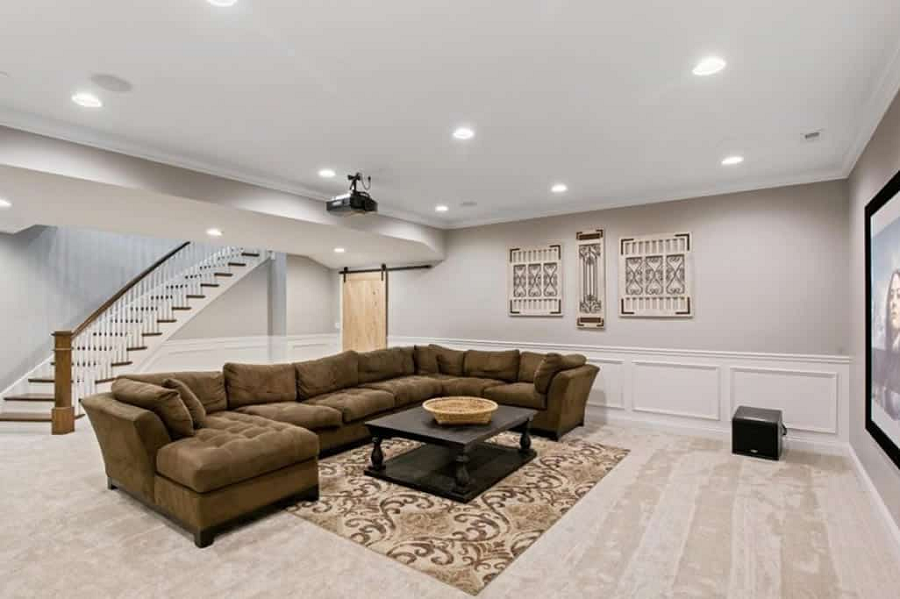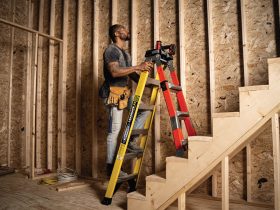Top Basement Remodeling Mistakes to Avoid for Long Island Homeowners

Remodeling your basement can significantly increase your home’s usable space and add value to your property. However, it’s a complex project that requires careful planning and execution. Many homeowners make common mistakes that can lead to costly repairs and unsatisfactory results. Here are the top basement remodeling mistakes to avoid for Long Island homeowners to ensure a successful and stress-free renovation.
1. Ignoring Moisture Issues
One of the biggest mistakes homeowners make is starting a basement remodel without addressing moisture problems. Basements are prone to dampness, which can lead to mold and mildew growth. Before you begin any work, make sure to thoroughly inspect and waterproof your basement. This includes sealing cracks in the foundation, installing a sump pump, and ensuring proper drainage around your home.
2. Lack of Proper Insulation
Proper insulation is crucial for a comfortable and energy-efficient basement. Skimping on insulation can lead to temperature fluctuations and higher energy bills. Use high-quality insulation materials designed for below-grade spaces to keep your basement warm in the winter and cool in the summer. Don’t forget to insulate the floors and ceilings to create a well-sealed environment.
3. Poor Lighting Design
Basements often suffer from a lack of natural light, making proper lighting design essential. Relying solely on overhead lighting can create a gloomy atmosphere. Incorporate a mix of lighting options, including recessed lighting, wall sconces, and floor lamps. If possible, consider adding egress windows or light wells to bring in natural light and meet safety codes.
4. Overlooking Building Codes and Permits
Failing to obtain the necessary permits and adhere to building codes can result in fines and complications during a future home sale. Make sure to check with your local building department to understand the requirements for basement remodeling projects. This includes egress windows, ceiling height, electrical work, and plumbing installations. Working with a licensed contractor can help ensure compliance with all regulations.
5. Improper Space Planning
A poorly planned layout can lead to a cramped and inefficient space. Before you start, think about how you want to use your basement and plan accordingly. Consider dividing the area into zones for different activities, such as a home office, entertainment area, and storage. Make sure to leave enough space for hallways and access to utility areas like the furnace and water heater.
6. Neglecting to Soundproof
Basements can be noisy due to their proximity to utility systems and lack of sound insulation. Neglecting soundproofing can make the space less enjoyable. Use soundproofing materials like acoustic panels, insulated drywall, and thick carpeting to reduce noise. This is especially important if you plan to use the basement for activities like watching movies or playing music.
7. Choosing Inappropriate Flooring
The right flooring can make a big difference in the comfort and durability of your basement. Avoid using materials that are prone to moisture damage, such as hardwood or laminate. Instead, opt for water-resistant options like vinyl plank, ceramic tile, or engineered wood. Area rugs can add warmth and comfort to the space without the risk of moisture damage.
8. Underestimating the Importance of Ventilation
Good ventilation is essential for maintaining air quality and preventing moisture buildup. Basements can become stuffy and prone to mold growth without adequate ventilation. Ensure your basement has proper ventilation by installing exhaust fans, using dehumidifiers, and ensuring your HVAC system can handle the additional space.
9. Skimping on Storage Solutions
Basements often serve as multipurpose spaces, and without adequate storage, they can quickly become cluttered. Incorporate built-in shelving, cabinets, and closets into your design to keep the area organized. Think creatively about storage solutions to make the most of every nook and cranny.
10. Not Hiring a Professional
While DIY projects can be rewarding, basement remodeling is a complex task that often requires professional expertise. Hiring a professional contractor can save you time, money, and stress in the long run. They can help you navigate building codes, ensure high-quality workmanship, and avoid common pitfalls.
Leave a Reply
You must be logged in to post a comment.

















Leave a Reply